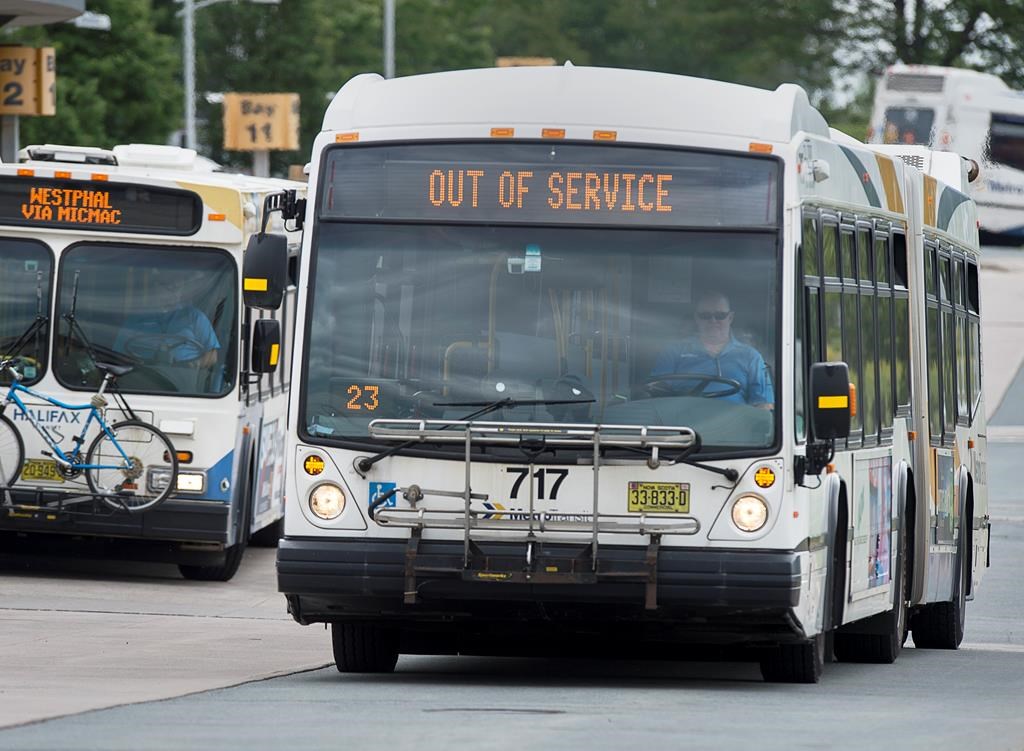Halifax is set to have as many as 150 diesel buses hit the municipality’s roads over the next three years.

Despite the decision appearing at first glance to contradict the municipality’s commitment to adopting green and renewable energy, the Halifax Regional Municipality (HRM) says it’s a purchase that is fulfilling their goals.
Advocates say it’s less than ideal but that it’s a better choice than the alternative.
“The average lifespan of a bus is about 12 to 15 years. So if we wait for electric capacity to replace those buses, we’re going to be out a third of our bus fleet in the interim,” Ben Hammer, a transit officer with the Ecology Action Centre, told Global News on Thursday.
A spokesperson for the HRM says the decision to purchase diesel-fueled buses is a simple one: Halifax Transit needs to immediately replace a number of vehicles in its fleet that are at the end of their lives.
Erin Dicarlo told Global News that many of the buses that are being replaced are — at a minimum — 14 years old and many run off of conventional fuel.
“Replacing these buses will still result in a significant reduction in GHG’s as they have more modern emission control systems,” she said in a statement.

Purchasing the new buses also aligns with “provincial and federal climate targets and helps achieve the goals and actions as outlined in HalifACT” DiCarlo said, referring to the municipality’s climate action plan.

Get daily National news
Choosing not to replace 150 of the 350 buses is something both the municipality or the Ecology Action Centre say is not an option.
“We need buses to keep running and buses provide an alternative to personal vehicles,” said Hammer.
Any trip that can be moved towards mass transit is better for the environment, he said.
The goal for the municipality is to eventually run its bus service off of sustainable fuels and even eliminate the diesel-powered buses it’s buying now.
But they’re not able to do so at the moment.
“Making the changeover to electric buses will take time as it requires the modification of transit depots to accommodate electric charging,” said DiCarlo.
The changes to the depots in order to accommodate the charging of buses is set to be a large and expensive undertaking that would have to occur at both the Ragged Lake and Burnside Transit Garage, the latter of which is already ageing and in need of replacement at a cost exceeding $100 million.
The goal is to electrify more than 200 buses by 2028.
The diesel buses are set to be built in Quebec as part of a $20-million contract with Nova Bus.
The three-year deal has an option for renewal for an additional 40 buses over two one-year periods, meaning the municipality could add 190 buses over the next five years.
The first buses to be delivered under the deal will arrive in 2021.









Comments
Want to discuss? Please read our Commenting Policy first.